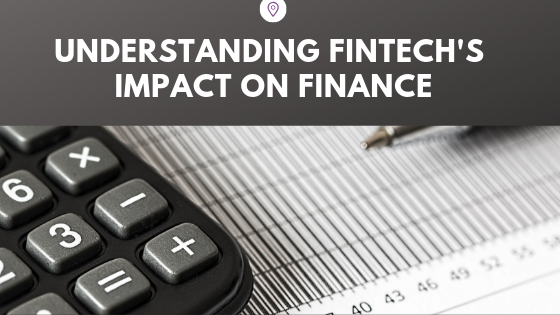Every year, new terms are added to a number of dictionaries, from urban to traditional. Over 800 words were added to Merriam-Webster in 2018. Many of these words were created by combining two words together such as “glamping” (glamorous + camping) or shortening them, such as “avo” for avocado. There were new words formed with prefixes, such as “cryptocurrency” (crypt- meaning secret) as well as words that explained an action instead of being a noun (e.g. “force quit”). And when there are advances in an industry, there will be new terms. The term “fintech” made this list last year. It is simply a combination of the words finance and technology. The term is applied to new technology that improves and automates finance services for people and businesses.
Fintech’s Expanse
But what exactly is fintech? To put it one way, it is software and algorithms used on computers and smartphones. The term is fluid in that it changes as its base (technology) changes. Originally, fintech was applied to the technology used for the back-end of computer systems of financial institutions. It now includes automation applied to the financial industry. It’s even applied to subcategories of finance, such as wealth management, transactions, investments as well as developing technologies (e.g. bitcoin). Fintech has changed the way we bank as well as manage businesses. This is evident from the number of fintech products consumers use. According to EY’s 2018 Fintech Adoption Index, the survey shows 15.5% of consumers use at least two fintech products. As for regions that must the most fintech products, Hong Kong is the winner with 29.1% of the market share. The United States followed with 16.5%.
The Future of Fintech
Fintech also includes artificial intelligence (AI) in its application to finance. AI is evolving (like computers did) and will soon be anticipating our banking needs, regardless of age or type of business. There are many fintech startups with the sole purpose to revolutionize established banking practices. However, some may see it as a disruption of traditional banking and money management. One of the goals of fintech is to perform banking tasks without human assistance. It’s interesting to note that this idea was similar to the use of computers when they came on the market. Yet, fintech has a better chance than computers of achieving this goal, as it has already infiltrated the finance industry. Only time will tell the level of evolution fintech will reach.
